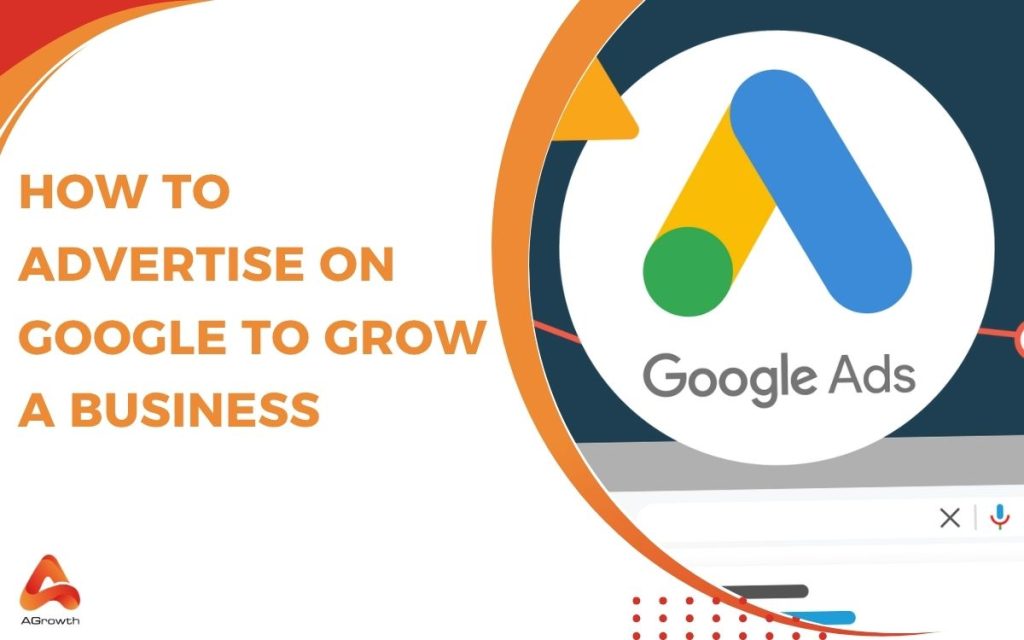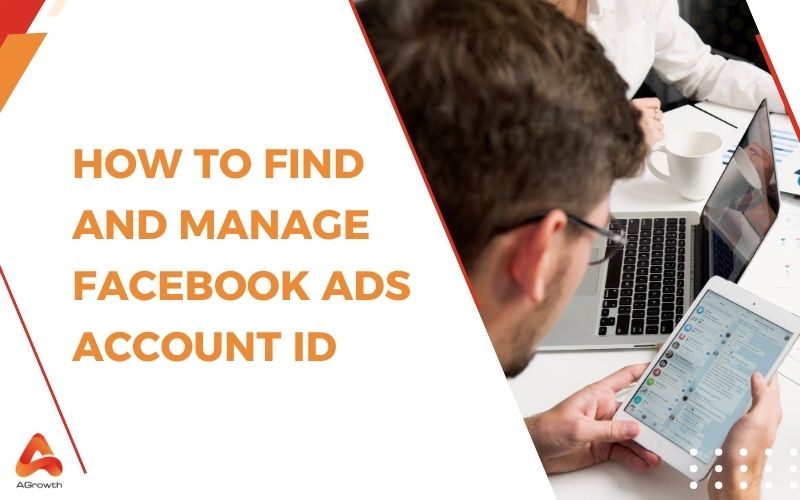
How to Fix a Facebook Ads Account Restricted: Causes, Solutions, and Prevention Tips
A restricted Facebook ads account means limited access to advertising features due to potential violations of platform rules or suspicious activity. While ads may still run in some cases, restrictions can disrupt campaigns and impact business performance.
Common causes include violating Facebook’s advertising policies, receiving excessive negative feedback on ads, authenticity or security issues, unusual account behaviors, and problems with payment methods or budgeting practices. These triggers often signal risk to Facebook’s systems, prompting automatic reviews or account limitations.
To fix and prevent restrictions, it’s important to identify the root cause, submit an appeal if necessary, and secure the account with measures like two-factor authentication. Experts recommend regularly reviewing ad performance, staying up-to-date on Facebook’s policies, and maintaining consistent login and ad behavior. By following these practices, advertisers can protect their accounts and restore functionality with confidence.
What Does Facebook Ads Account Restricted Mean?
A restricted Facebook ad account means certain permissions are limited, but ads may still run, depending on the severity of the restriction. When this occurs, businesses lose control over key advertising features, impacting their campaign reach and overall advertising goals.
Restrictions often stem from violations of Facebook’s advertising policies or unusual account activity. Examples include submitting non-compliant ads, attempting to bypass Facebook systems, or showing patterns of policy breaches across connected accounts. Logging in from different IP addresses or suddenly increasing ad budgets can also trigger restrictions.
Unlike account disabling, where all ads stop running, a restricted account may still allow limited ad activity. For instance, active campaigns might continue, but account capabilities like creating new ads or accessing certain tools become unavailable. This partial functionality creates challenges for businesses trying to maintain their advertising momentum.
Policy violations and associated connections significantly influence account restrictions. Facebook actively detects patterns among linked accounts and assets, holding users accountable for shared violations. This stringent monitoring aims to uphold platform integrity while protecting advertisers from potential risks.
What are Common Reasons for Facebook Ads Account Restrictions?
Facebook ad account restrictions often stem from violations of platform policies, poor user interactions, or suspicious account behaviors. The most frequent causes include violating Facebook’s Advertising Policies, receiving negative feedback on ads, authenticity concerns, unusual account activities, and payment or budget-related problems. Each of these factors signals potential risks to Facebook’s systems, prompting reviews or restrictions.
Violating Advertising Policies
Non-compliance with Facebook’s Advertising Policies frequently leads to ad account restrictions. These policies prohibit content like hate speech, nudity, harassment, or violence. Ads promoting restricted goods and services including tobacco, weapons, and online gambling also violate the guidelines. Even landing pages associated with ads must adhere to Facebook’s rules; non-compliance here can trigger restrictions.
Severe infractions, such as deliberate scams or intellectual property violations, escalate the situation. Consistently running ads that are flagged or rejected, particularly for new accounts, heightens the risk of restrictions. Staying updated on policy changes can help ensure adherence.
Receiving Negative Feedback on Ads
High amounts of negative feedback on ads directly impact account standing. Actions like hiding ads, reporting them as inappropriate, or leaving negative comments affect Facebook’s perception of the ad’s quality. A pattern of such feedback relative to total impressions may result in restricted ad display or account limitations.
Users disliking pages or blocking ads give signals of poor engagement or relevance. Maintaining high-quality, audience-focused ads reduces the likelihood of complaints and negative interactions.
Account Authenticity Issues
Authenticity plays a vital role in maintaining access to advertising. Facebook flags compromised, hacked, or impersonated accounts. Accounts linked to illegitimate Business Manager setups or those using fake identities for advertising are similarly scrutinized.
Two-factor authentication errors may also cause restrictions, particularly if the account appears insecure. Regularly verifying account security and ensuring compliance with Facebook’s authentication processes improve legitimacy.
Unusual or Suspicious Activities
Sudden and unexpected activity spikes can trigger an account review. Significant budget increases, unusual patterns of login location, or drastic changes in ad spend behavior signal potential misuse or hacking.
Facebook’s algorithm monitors anomalies to safeguard the platform’s integrity. For instance, logging in from multiple IP addresses without justification may prompt restrictions. Monitoring and stabilizing activity patterns helps mitigate such risks.
Payment or Budgeting Problems
Failed or irregular payment processing is a common trigger for restrictions. Declined payments, disputed transactions, or improper billing methods indicate potential risks to Facebook’s automated systems.
A sudden surge in budgets without prior activity history also raises concerns. Regularly updating payment details and maintaining consistent budget strategies establishes trust and minimizes disruptions.
Understanding these causes enables better ad practices, reducing the chances of encountering restricted capabilities.
How To Fix A Restricted Facebook Ads Account
Addressing a restricted Facebook ad account requires identifying the issue, appealing restrictions, and taking preventive measures.
Start by determining why the restriction occurred, common reasons include policy violations, suspicious activity, or login inconsistencies. Once identified, you can file an appeal and clearly explain any corrective actions taken. It’s also essential to verify your account’s security settings and ensure all credentials are up to date.
In more complex cases, contacting Meta Support directly can help resolve issues that automated systems overlook. By following this step-by-step approach, advertisers can effectively recover their accounts and resume campaign operations with greater confidence.
Identify The Cause Of Restriction
Understanding why your Facebook ad account is restricted is crucial. Restrictions often result from ad policy violations, unusual account activity, or login from different locations without prior notice. Reviewing Facebook’s advertising policies can pinpoint specific violations, such as promoting restricted goods or using non-compliant ad content. Check notifications or emails from Facebook for clarification. If connected accounts or assets display patterns of abuse, Facebook may extend restrictions to your account.
Appeal The Restriction
Submitting an appeal is essential when you believe restrictions were applied unfairly. Before you proceed, audit all ads to ensure compliance with Facebook’s policies. Remove any content violating advertising rules, including misleading claims or prohibited graphics. Use Facebook’s appeal form, explaining the steps you’ve taken to resolve the issue. If the restriction stems from a misunderstanding, clearly outline your case to increase the success of the appeal process.
Verify And Secure Your Account
Security lapses, such as compromised accounts or login attempts from unrecognized devices, often trigger restrictions. Start by enabling two-factor authentication to protect your account. Use trusted devices for logins and monitor account activity for unusual patterns, such as sudden budget changes or frequent IP address shifts. Updating contact information, such as email and phone numbers, ensures quick recovery if additional issues arise.
Connect With Meta Support
Reaching out to Meta Support provides direct assistance in resolving restrictions. Access the Help Center through your Facebook Business Manager to contact their support team. Share all relevant details, including prior appeals, error IDs, or issue screenshots, to expedite account review. Use Meta’s chat support for real-time communication if available. Engaging with support specialists often clarifies complex issues that self-service tools cannot address.
What are Best Practices To Avoid Facebook Ads Account Restrictions
Maintaining a compliant and secure ad account is essential for uninterrupted access to Facebook’s advertising tools. Start by regularly reviewing Facebook’s advertising policies to stay aligned with the platform’s evolving guidelines. Strengthening account security, especially by enabling two-factor authentication, reduces the risk of unauthorized access. Additionally, monitoring ad performance and user feedback allows you to catch issues early and maintain a positive feedback score.
Review Facebook’s Advertising Policies Regularly
Staying updated on Facebook’s advertising policies is critical. Facebook frequently changes its rules, making ongoing review necessary to avoid policy violations that could result in restrictions. Policies cover prohibited content, such as hate speech, discriminatory practices, and restricted goods. Non-compliance, even unintentionally, could lead to a restricted Facebook account. Use resources like Facebook’s business blog and webinars to stay informed. Before submitting ads for review, ensure compliance by auditing creative elements and messaging.
Secure Your Account And Enable Two-Factor Authentication
Protecting your account with robust security measures prevents unauthorized access. Enabling two-factor authentication (2FA) is essential for safeguarding your account against hackers. By requiring verification codes, even from trusted devices, 2FA reduces risks associated with login attempts from unknown locations. Also, monitor your account’s login activity in Facebook’s audit logs and enable login alerts to detect suspicious activity early.
Monitor Ad Performance And Feedback
Tracking ad performance identifies issues before they escalate. Poor performance metrics, such as a high hide/report rate on ads, can damage your feedback score and lead to restrictions. A low feedback score indicates dissatisfaction among users, which Facebook uses as a quality measure. Regularly review user comments, ad reach, and engagement statistics, taking corrective action to address negative feedback.
Maintain Account Consistency
Consistency minimizes the risk of restrictions due to suspicious activity. Avoid sudden spikes in ad spending, multiple logins from unrecognized IP addresses, or frequent edits to account details. These behaviors may trigger automated system flags, mistakenly marking the account as compromised or fraudulent. Stick to steady ad budgets and ensure login locations align with usual activity.













Your comment